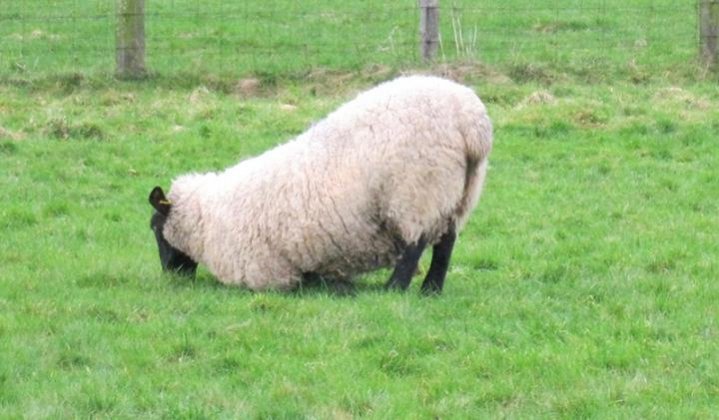
In a major breakthrough, researchers at the Stanford University have successfully grown sheep embryos containing human cells. Experts consider it as a milestone achievement, as it will pave the way for organs to be grown in animals which can be later transplanted to humans. The new development could also open the door to find a permanent cure for diabetes with the possibility of creating healthy pancreas to regulate blood sugar effectively.
"We have already generated a mouse pancreas in rats and then transplanted those into a diabetic mouse and were able to show almost a complete cure," told Dr Hiro Nakuachi, a professor of genetics at Stanford and the project lead of the research.
Hiro Nakuachi also added that the new technology of growing human organs in sheep could get materialized within five or ten years.
Scientists believe that growing human organs inside animals could not only revolutionize the concept of organ transplantation but also offers the possibility of developing genetically tailored organs with the patient's cell which will drastically nullify the chances of rejection while transplantation.
"Even today the best-matched organs, except if they come from identical twins, don't last very long because with time the immune system continuously is attacking them," said Dr Pablo Ross from the University of California, Guardian reports.
According to latest statistics, more than 76,000 people in the United States are on organ transplant list, and it will take more than five years for them to get to the top. Around two years back, the US Government has said that it would approve the funding for these controversial experiments conducted on animals. But later, the government was compelled to take a back following resistance from animal lovers.
Even though one of the most promising experiments in the world of medical science right now, several people are little skeptical about these developments. According to these skeptics, the experiments will turn unethical if the human cells spread further than intended in the animal's body.
However, project lead Hiro Nakuachi is quite optimistic about the experiment. "The contribution of human cells so far is very small. It's nothing like a pig with a human face or human brain. We have published several papers showing we can target the region, so we can avoid human cells differentiating into the human brain or human gonads," said Nakuachi.









